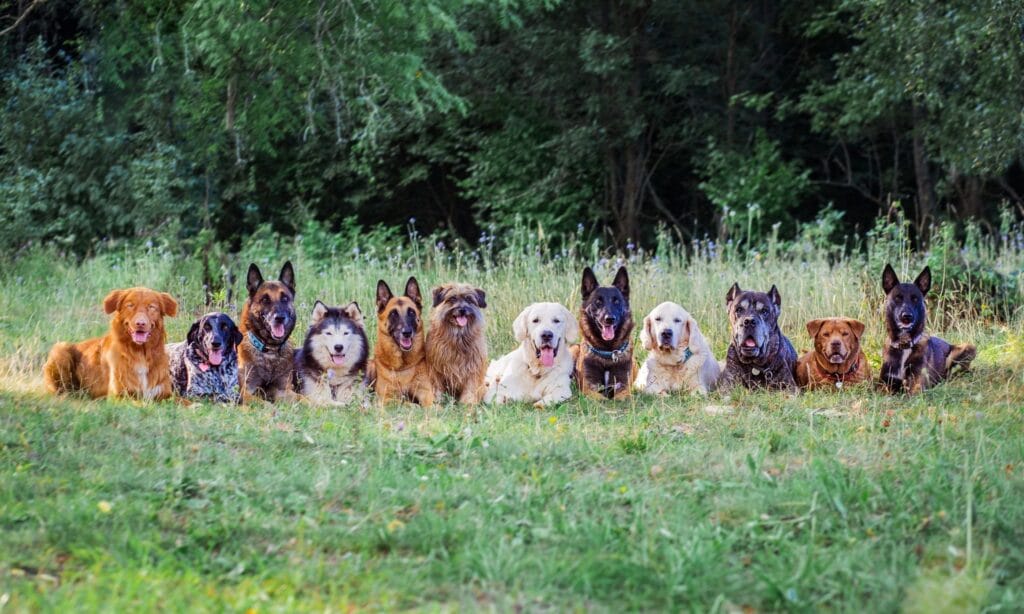“This post contains affiliate links, and I will be compensated if you make a purchase after clicking on my links.”

Some dogs bark less, some dogs are friendly, and some dogs are aggressive. Different dogs possess different behaviors, and as much as we like to associate specific personalities with their breeds, a new study contradicts this conventional thinking.
After sequencing the DNA of more than 2,000 purebred and mixed breed dogs, researchers found that although many physical characteristics were linked to breeds, individual dogs’ behavior varied greatly. They found that only 9% of individual behavioral diversity is explained by breed.
“For the most part, we didn’t see strong differences in breeds, but there are some [behaviours] that are connected to breed more than others,” said co-author of the study, Dr. Elinor Karlsson from the University of Massachusetts Umass Chan medical school.

They discovered that Beagles were more likely to howl, while Pitbulls and Retrievers were more “human-social” and at ease around strangers. However, individual differences are extremely high, and the behavior of a dog is still difficult to predict based on its breed.
The researchers then looked at the behavior of mixed breeds with diverse scales of ancestry from different breeds to see if genetics might explain the relationships. According to the findings, some traits have a stronger genetic component than others. Labrador Retrievers, for example, were related to mutts that didn’t mind being wet, but researchers found no link between retrievers and human sociability.
“We’d expect that if Labrador retrievers are genetically more human social, we should see that mutts with more Labrador retriever ancestry to be more human social,” said Karlsson.

The mixed-breed data demonstrated that genetic variations do not appear to be more common in specific breeds. Traits like human sociability are believed to be inherited or learned as a result of environmental factors. Researchers discovered that a dog’s aggressiveness may have little to do with its DNA, which is a significant gain for pit bulls. The findings may be crucial for dog owners and something to consider when visiting a shelter to adopt a dog.
Karlsson says that owners “should pay much less attention to all the stories about what their dog’s breed ancestry says about their behavior and personality, and pay attention to the dog sitting in front of them.”
Another study published in Scientific Reports revealed that different breeds have strikingly different life expectancies.
According to Daniel Mills, a professor of veterinary behavioral medicine at the University of Lincoln, genetics can reveal insights into populations but frequently disclose far fewer about individuals.
Collected between 2016 and 2020, the analysis of 30,563 records of dog deaths in the UK showed that while Jack Russell Terriers have a life expectancy of 12.72 years at birth, flat-faced breeds tend to have shorter lives, with French Bulldogs having a life expectancy at birth of just 4.53 years.























